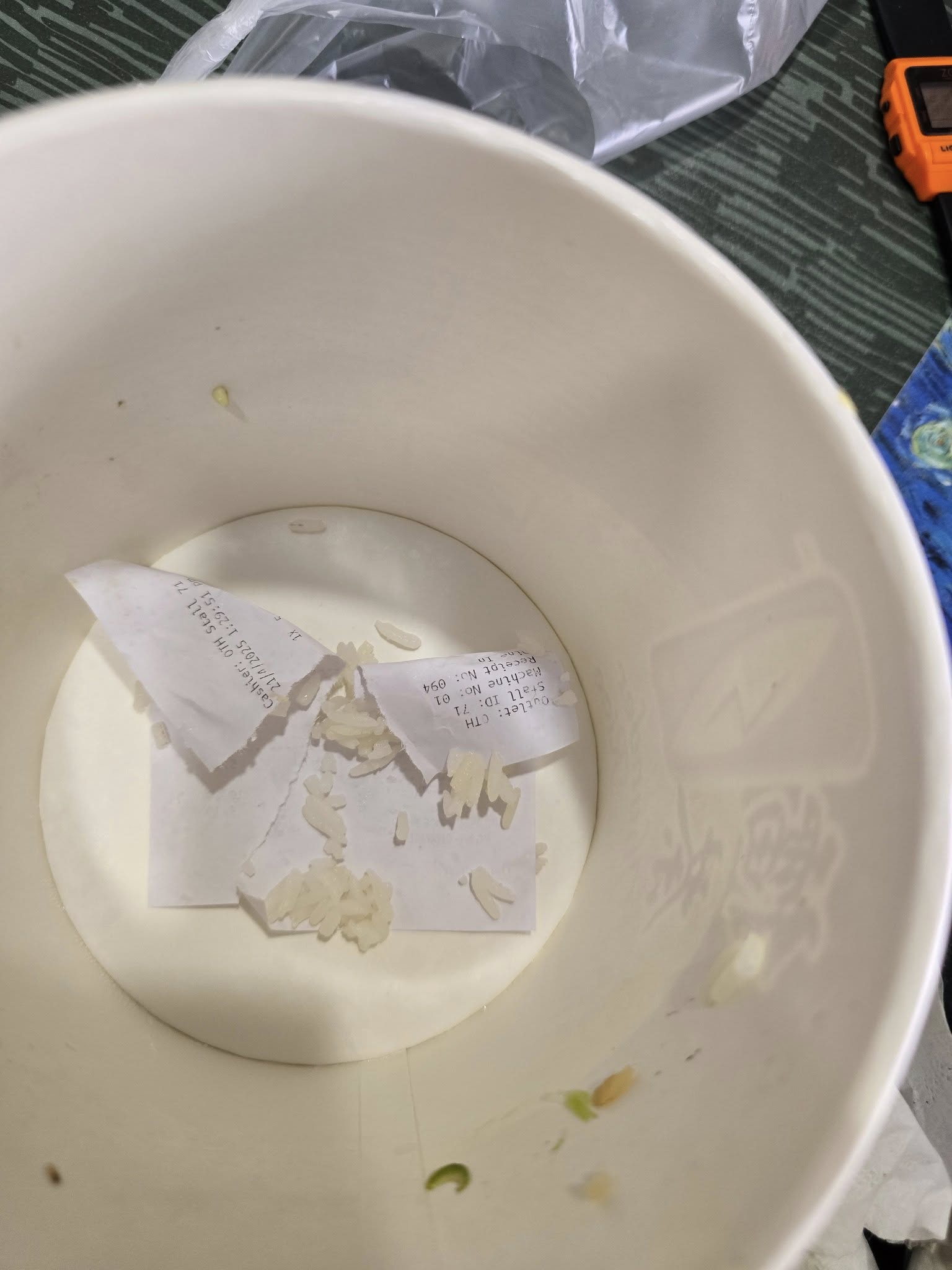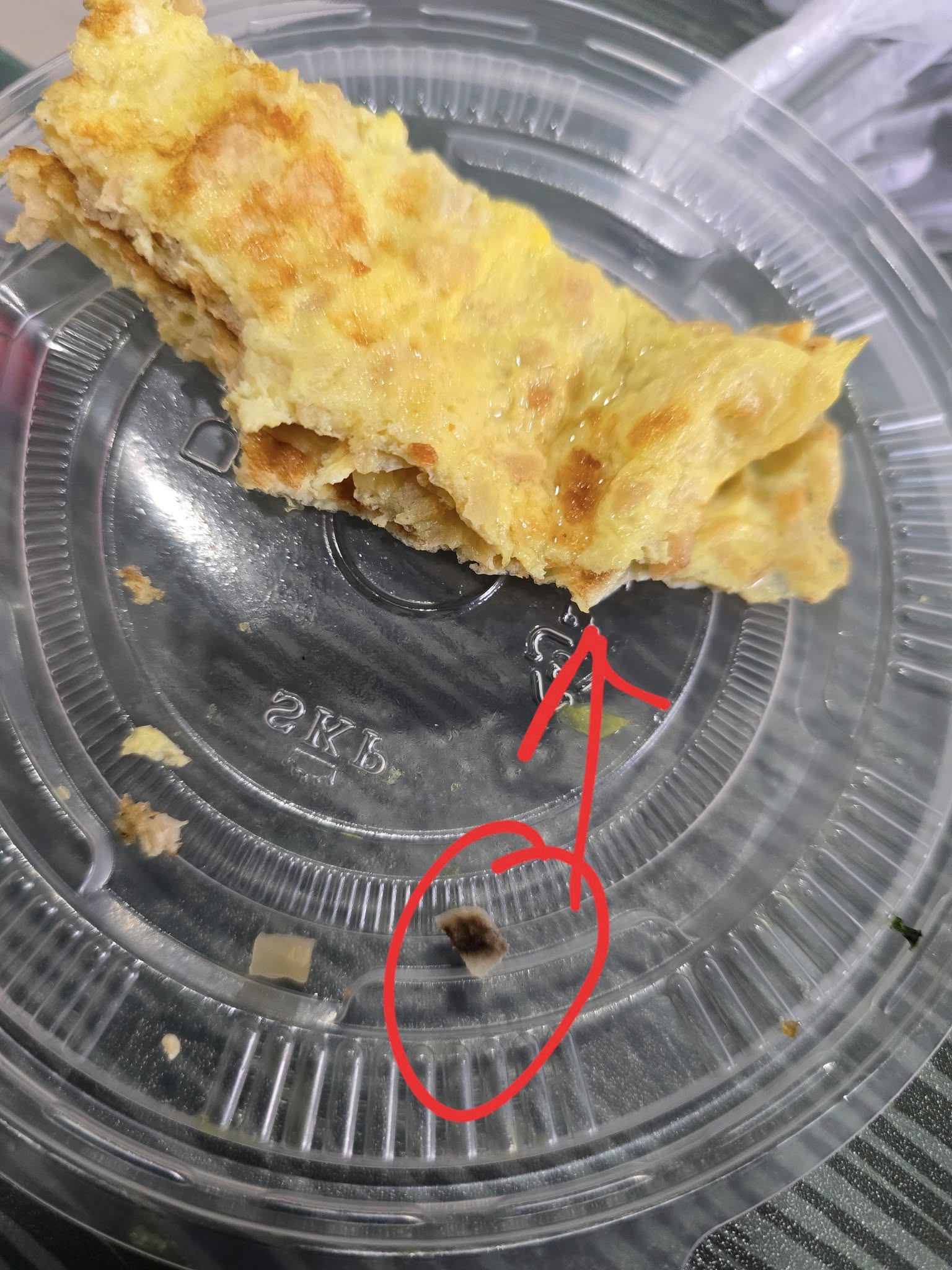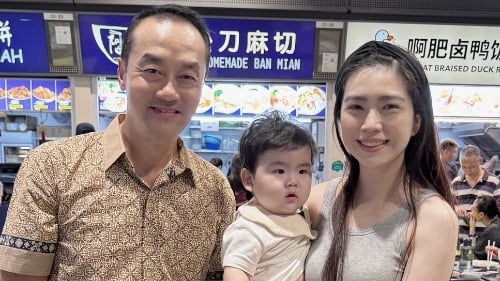MALAYSIA: CIMB Group Holdings Berhad has committed RM10 billion (S$2.98 billion) in funding facilities aimed to improve growth in the Johor-Singapore Special Economic Zone (JS-SEZ). With the JS-SEZ poised to become a cornerstone of Malaysia-Singapore economic cooperation, CIMB’s investment underscores growing private sector confidence in the zone’s potential.
“The JS-SEZ represents a transformative move in regional economic collaboration, deepening connectivity and unlocking new avenues for sustainable growth between Malaysia and Singapore while strengthening the region’s resilience against global uncertainties,” said Novan Amirudin, Group Chief Executive Officer, CIMB Group.
This substantial financing pledge, one of the largest to date from a regional bank, puts CIMB at the forefront of ASEAN’s next wave of economic integration, aligning capital with infrastructure and policy to fast-track cross-border business.
ASEAN Financial Passport: Turning vision into action
At the heart of CIMB’s initiative is the launch of its ASEAN Financial Passport, a platform designed to offer businesses seamless cross-border banking support across every stage of growth. It is expected to include regulatory expertise, simplified account onboarding for clients from Malaysia and Singapore, and banking solutions such as SMEBizReady, GreenBizReady, HalalBizReady, and remittance services.
CIMB is seeking to position itself not only as a lender but also as a partner for businesses navigating the complexities of cross-border expansion by delivering end-to-end support. The passport is not just conceptual but a tangible enabler in making the JS-SEZ operational.
“As a leading ASEAN-focused financial institution, we are committed to our purpose of advancing customers and society… backed by our strong on-ground presence in both Johor and Singapore,” said Novan.
Empowering SMEs in an uncertain world
While the JS-SEZ is expected to attract high-value investments and multinationals, CIMB’s move also seeks to empower small- and medium-sized enterprises (SMEs) by providing tools and support systems that help them scale, optimise costs, and boost production efficiency—particularly in sectors like manufacturing, digital economy, halal trade, and sustainable development. This is particularly important in an increasingly destabilising status quo.
The move could dramatically lower regional SMEs’ barriers to entering new markets, tapping into ASEAN’s 660-million-strong consumer base.
Operational muscle to match ambition
To ensure execution matches intent, CIMB has mobilised a dedicated team of 30 bankers across Singapore and Malaysia. With 28 branches in Johor, six of which are able to serve clients from JS-SEZ, the bank is also exploring locations near the upcoming Johor-Singapore Rapid Transit System (RTS) checkpoints to better serve cross-border traffic.
Beyond financial services, CIMB is actively building the business ecosystem through foreign direct investment (FDI) and domestic direct investment (DDI) partnerships, client familiarisation visits, and thematic seminars covering legal, regulatory, and tax frameworks.
These business matching and market access platforms are central to CIMB’s approach as a regional enabler. It seeks to bridge the gap between investors, government stakeholders and on-ground opportunities.
Public sentiment: Optimism across the Causeway
The project also made netizens from both countries optimistic, with many users showing hope and pride in the shared vision. “As a S’porean, I hope this becomes successful. It’s important to have good friends and neighbours we can count on,” noted one netizen.
Another user commented that they foresee a bright future for the two collaborating countries, stating, “I have high confidence that this project will work and will benefit both countries in the near future. Let’s go, Singapore and Malaysia!”
“Singapore and Malaysia, given how much they have in common, can be a prime example for the world of how strong and mutually beneficial bilateral ties can be.”
These opinions show the growing belief that the JS-SEZ is not just a strategic platform for economic cooperation but a symbol of enduring regional solidarity.
A strategic catalyst for ASEAN’s future
CIMB’s commitment marks an important step in making the vision for JS-SEZ a reality. As the public and private sectors converge around this shared vision, the bank’s RM10 billion commitment and ASEAN Financial Passport platform represent more than financial support; they signify that ASEAN’s economic architecture is maturing, with integrated solutions emerging to support cross-border enterprise.
In a region where political goodwill has often outpaced on-the-ground tools, CIMB’s initiative may well become the benchmark for how institutions can drive meaningful regional cooperation.
Read also: Johor turns to Singapore’s NIE to raise school standards and curb brain drain















